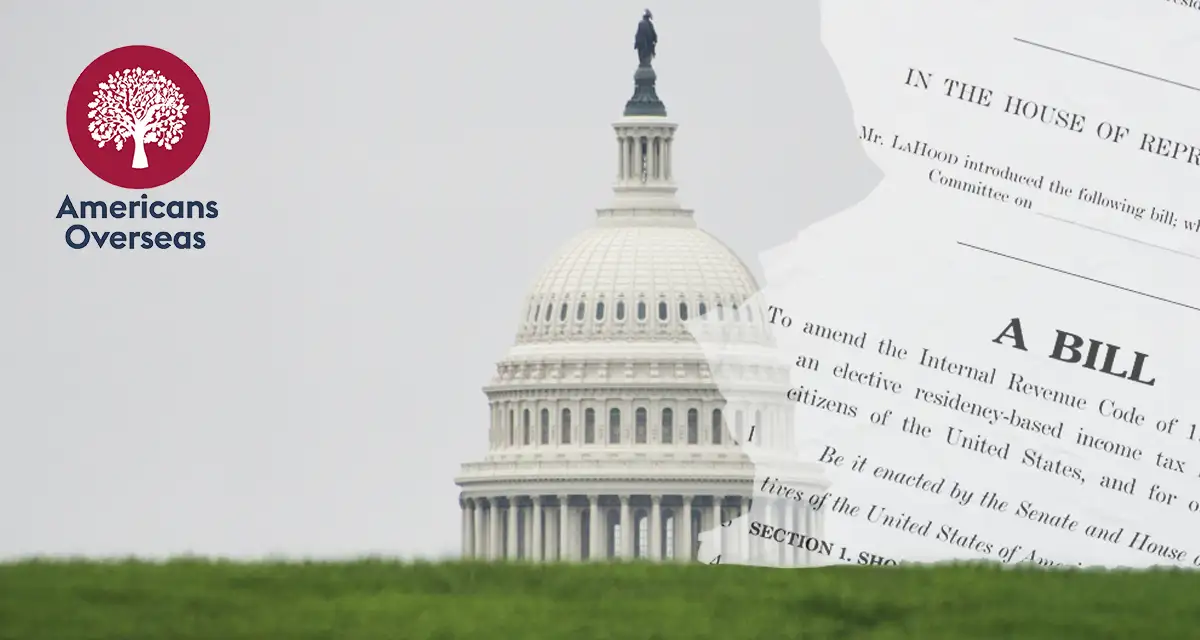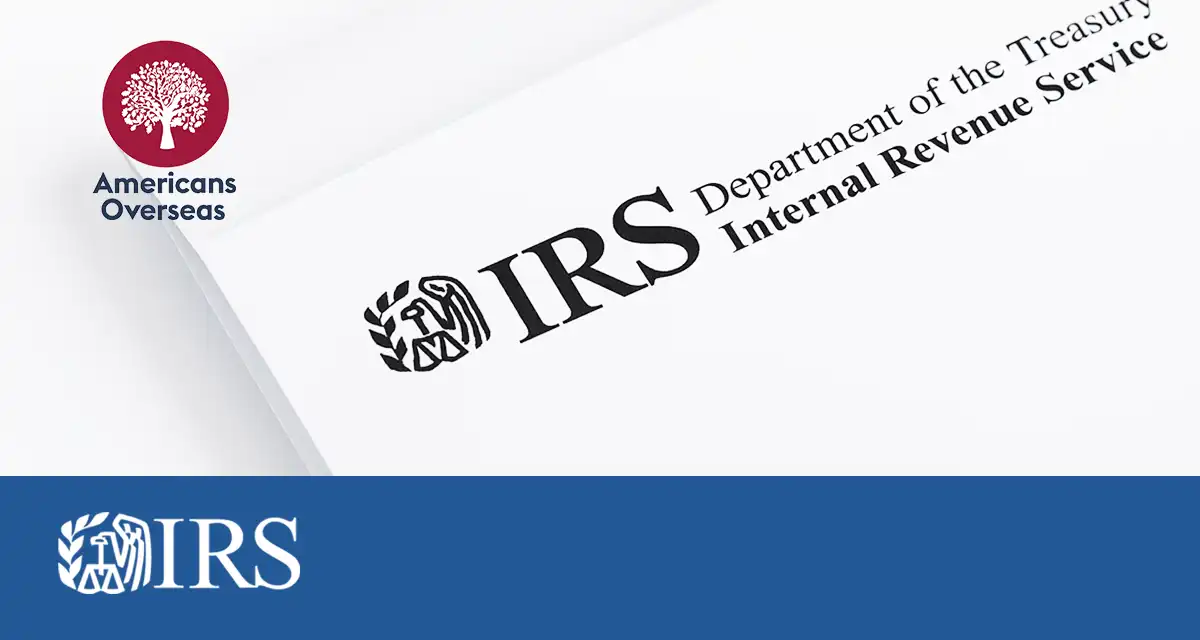
Dutch-Americans massively dropping American nationality over new tax law

Dutch Americans are giving up their American nationality on a large scale before a new tax law is implemented next year according to NLtimes. This new law means that they will have to file a tax return in the United States. If they don’t, their bank accounts may be frozen.
The number of Dutch who want to give up their American citizenship increased sixfold since 2016, Dan Durlacher of Americans Overseas, a firm that helps Americans in the Netherlands, said to the broadcaster. This year it involves around 1,700 people.
Due to the influx, the waiting time at the American consulate increased to up to a year in some cases.
The issue is the Foreign Account Tax Compliance Act (FATCA) – a law intended to combat tax fraud in the United States that obliges banks to transfer data of Americans abroad to the US tax authorities.
But passing on the SSN – the American citizen service number – can be a problem, especially for “accidental Americans – people who were born to an American parent and have US nationality even though they never lived there. “Many accidental Americans don’t have such a number at all.”
Deadline Dutch-Americans: January 1st
Dutch Americans must provide their tax id number on January 1st of next year.
If Dutch Americans don’t get an American tax number before then, their bank accounts may be locked, according to Durlacher. “But even if they succeed, they will be charged considerable costs. They are required to file a tax return for the past five years”, he said to the broadcaster. And filing a tax return in the United States is not free. “It is inevitable to hire an American accountant, who can easily charge a few thousand dollars.”
Get help from Americans Overseas
We, the founders of Americans Overseas, were born in the Netherlands and obtained our American nationality through our (American) mother.
When we heard about the US tax system for the first time around 2013, we were in total disbelief (it can’t be true!), anger (how can they do this?), fear (am I going to get fined or pick up other problems?), and panic (what should I do?). It is (unfortunately) true that there is an additional American tax levy. But there’s no information from the local government, and when approached, the consulate referred us to the IRS, and the IRS was impenetrable.
That’s why we started this initiative to help people from all over the world by providing proper information about the US tax system to avoid unnecessary panic, and offering help free of obligation and free of charge. If needed, we have a network of affordable professionals (accountants) who can help you with your tax obligations.
If you have more questions about FATCA or US income tax you can contact us at Americans Overseas.
Contact us for more information
Source: NLtimes
Frequently asked questions
Understanding the US tax system, the obligations, and all the additional terms can be difficult. Especially if one lives outside of America. Is your question not answered? Contact us.
-
Who is required to file taxes in the US?
U.S. citizens and resident aliens who live abroad are generally required to file a federal income tax return and pay taxes on their worldwide income.
Read more... about Who is required to file taxes in the US? -
Do US citizens living abroad still have to file taxes in the US?
Yes, US citizens are required to file taxes on their worldwide income, regardless of where they are living.
Read more... about Do US citizens living abroad still have to file taxes in the US? -
How can I cash my US check?
Received an American check? You can cash your check in the following ways: cash the check at your own bank, transfer to another person (endorsement), cash checks using an online service or cash the check by another bank.
Read more... about How can I cash my US check? -
Are there any special tax forms required for US citizens living abroad?
US citizens living abroad may be required to file Form 2555 and/or Form 1116 to claim the foreign-earned income exclusion.
Read more... about Are there any special tax forms required for US citizens living abroad? -
What is FBAR filing?
FBAR (Foreign Bank Account Report) filing is the requirement for certain U.S. individuals and entities to report their foreign financial accounts to the Financial Crimes Enforcement Network (FinCEN) of the U.S. Department of Treasury. The FBAR filing requirement applies to U.S. persons who have a financial interest in, or signature authority over, one or more foreign financial accounts if the aggregate value of those accounts exceeds $10,000 at any time during the calendar year.
Read more... about What is FBAR filing?





